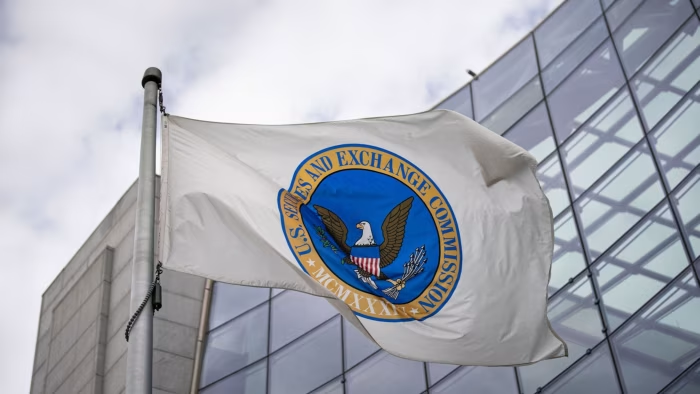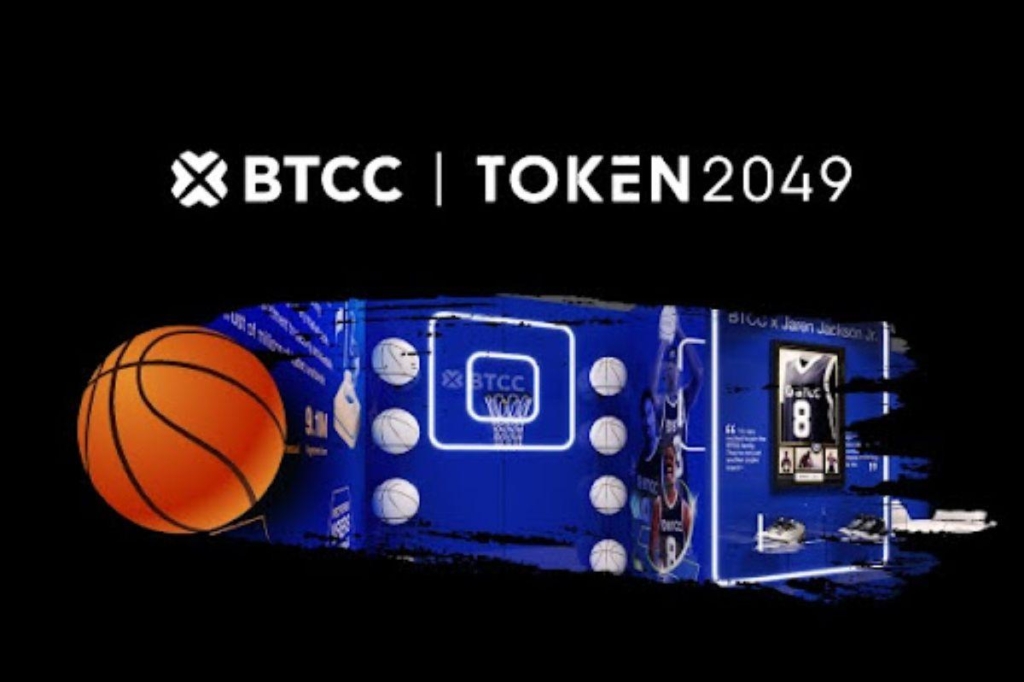The SEC has introduced Staff Accounting Bulletin (SAB) No. 122, which replaces the previous SAB 121 policy. This change allows banks and financial institutions to offer cryptocurrency services more easily.
Under SAB 121, banks had to list customer crypto-assets as both assets and liabilities, creating compliance challenges. SAB 122 allows banks to treat risks like theft or fraud as contingent liabilities, simplifying compliance and reducing capital requirements.
SEC Commissioner Hester Peirce welcomed this update, expressing her relief on social media. ETF analyst James Seyffart also praised the decision, calling it beneficial for the crypto industry. This shift indicates a more supportive stance from US regulators towards cryptocurrencies, enabling banks to safely hold Bitcoin and other digital assets for customers.
The crypto community has reacted positively, with industry leaders like MicroStrategy’s Michael Saylor expressing excitement. For years, US banks faced regulatory hurdles in custodying Bitcoin, but this new guidance changes that, allowing more traditional financial institutions to participate in the crypto market.
This decision aligns with a growing trend of pro-crypto policies in the US. In May 2024, Congress attempted to repeal SAB 121, but President Biden vetoed the resolution. However, recent developments show a shift in regulatory attitudes. The SEC has announced a crypto task force led by Hester Peirce, indicating a focus on fostering growth in the sector.
Additionally, President Trump signed an executive order to create a national digital asset stockpile, reflecting a broader move to integrate crypto into the US financial system. These actions suggest potential for significant growth and innovation in the crypto industry.
With SAB 122 in effect, banks can now offer crypto custody services without heavy restrictions. This marks a crucial step forward for cryptocurrency adoption in the United States, paving the way for increased participation from traditional financial institutions in the crypto market.



